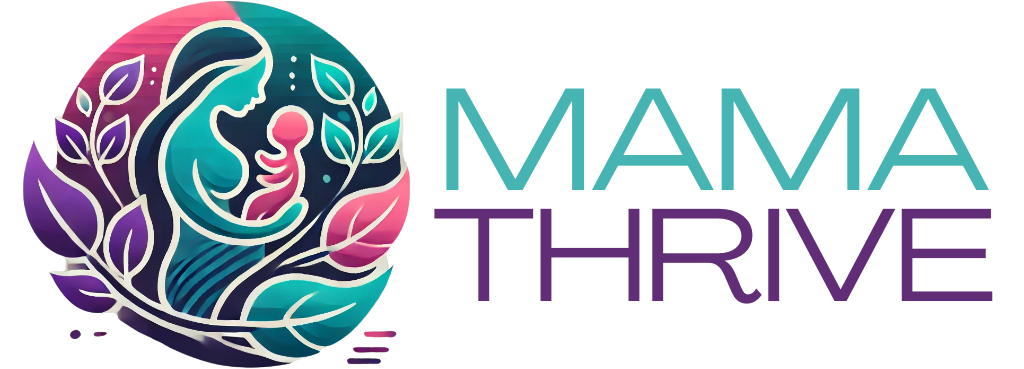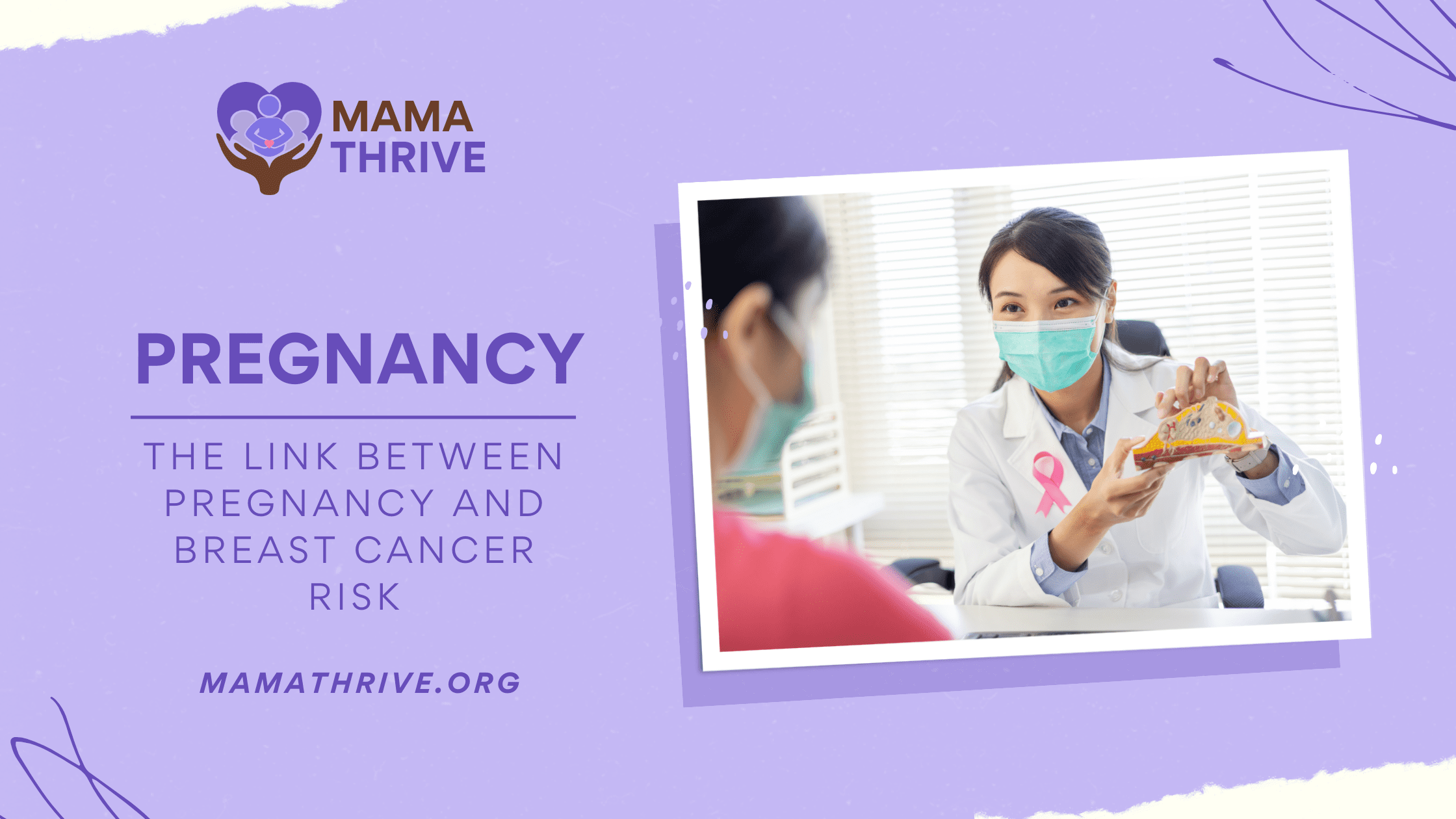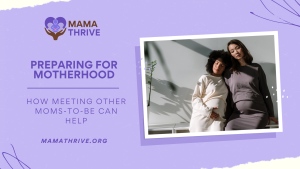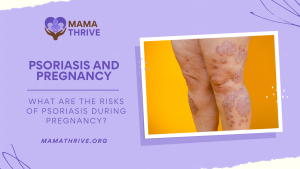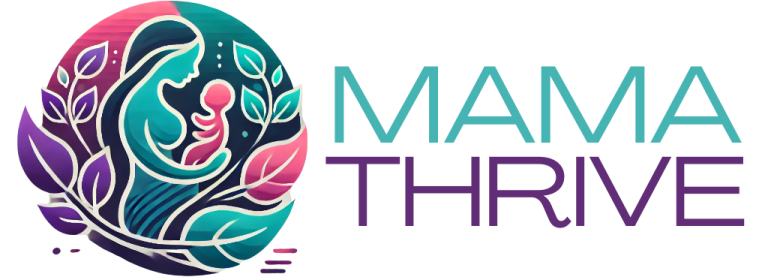Breast cancer looms as a significant concern for women across the globe. Despite the growing awareness and extensive research, the fear and uncertainty surrounding this disease persist. A pressing question that many women grapple with is: How do life events, such as pregnancy, influence my risk of breast cancer? This article aims to address this very concern, offering insights into the intricate link between pregnancy and breast cancer, and providing clarity on a topic that has become a focal point of recent research.
Understanding the Basics
The World Health Organization (WHO) has consistently highlighted the alarming prevalence of breast cancer among women. As per their recent data, breast cancer stands out as the most frequently diagnosed cancer in women, representing a staggering 25% of all cancer cases in this demographic1. This means that 1 in 4 cancer diagnoses in women globally is breast cancer, underscoring the scale and gravity of the issue.
While breast cancer is a global concern, its incidence varies across regions. For instance, according to the World Cancer Research Fund, North America, Australia/New Zealand, and Northern Europe have the highest rates of breast cancer, while Asia and Africa report lower rates2. These disparities can be attributed to a combination of genetic, environmental, and lifestyle factors, as well as differences in screening practices.
Early detection of breast cancer significantly enhances the chances of successful treatment and survival. The WHO emphasizes that when breast cancer is detected early, and if adequate diagnosis and treatment are available, the chances of survival can exceed 90%1. This highlights the importance of regular screenings, self-examinations, and understanding the risk factors associated with the disease.
Pregnancy and Breast Cancer: The Connection
The intricate dance of hormones during pregnancy can have lasting effects on a woman’s body, including her breast tissue. The relationship between pregnancy and breast cancer risk is a topic of significant research and interest.
Hormonal Changes and Breast Tissue Transformation
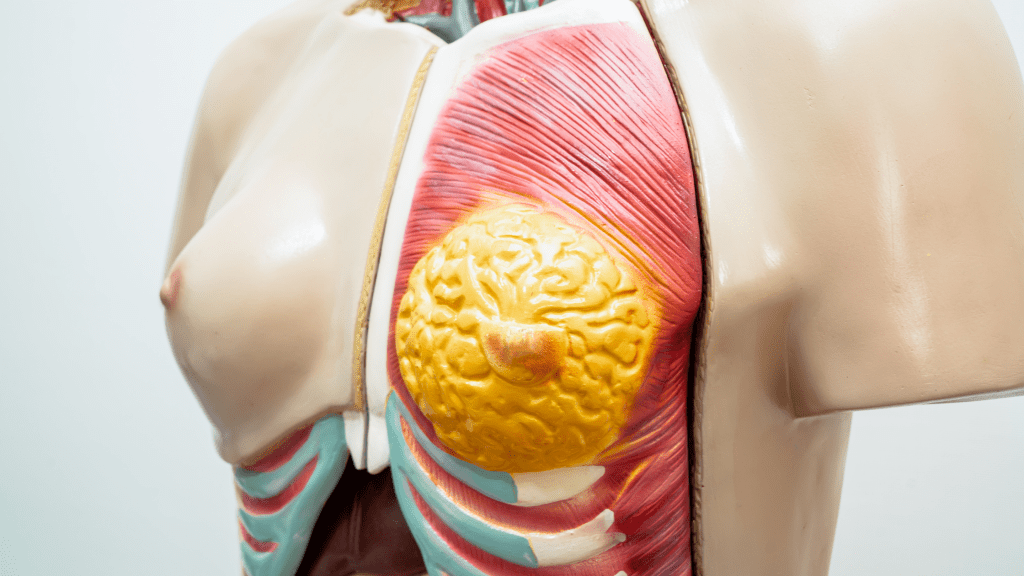
During pregnancy, a woman’s body undergoes a surge in hormones, particularly estrogen and progesterone. These hormones are responsible for the development and differentiation of breast cells, preparing them for lactation. The differentiation of cells makes them less susceptible to the genetic mutations that can lead to cancer. However, the exact mechanisms by which these changes influence breast cancer risk are still under investigation.
1. Pregnancy Before Age 30
The protective effect of an early pregnancy on breast cancer risk is a well-documented phenomenon. The ACS, in its comprehensive review, has noted that women who complete their first full-term pregnancy before the age of 30 experience a slightly reduced risk of developing breast cancer in comparison to those who have never been pregnant. Interestingly, this protective effect seems to amplify with subsequent pregnancies.
2. Pregnancy After Age 30
On the flip side, pregnancies later in life appear to carry a different set of implications. The CDC’s data indicates that women who embark on their first full-term pregnancy after turning 30, especially those who do so after 35, face an elevated risk of breast cancer. This increased risk might be attributed to the exposure of breast cells to the hormones estrogen and progesterone without the protective differentiation that earlier pregnancies provide.
3. Breastfeeding and Its Protective Role
Breastfeeding, a natural extension of pregnancy, has its own set of implications for breast cancer risk. The WHO’s research suggests that women who breastfeed, particularly those who do so for extended periods, have a reduced risk of developing breast cancer. The act of breastfeeding causes hormonal shifts that might delay the return of regular menstrual cycles, thereby reducing a woman’s lifetime exposure to hormones that can promote breast cancer cell growth.
Why Does Pregnancy Affect Breast Cancer Risk?
The intricate relationship between pregnancy and breast cancer risk has been a focal point of medical research for years. While the exact mechanisms remain under investigation, several prevailing theories offer insights into this connection.

1. Hormonal Changes During Pregnancy
Pregnancy is a time of significant hormonal upheaval. Two hormones, in particular, estrogen and progesterone, see a marked increase during this period.
Estrogen and Progesterone
These hormones play pivotal roles in the development of the fetus and the preparation of the mother’s body for childbirth and breastfeeding. However, they also influence the growth and division of breast cells. In some cases, this rapid cell division can lead to mutations, which might increase the risk of cancerous growth in susceptible individuals.
2. Breast Cell Differentiation
Another theory centers on the differentiation or maturation of breast cells during pregnancy.
Cell Maturation
As the breast prepares for potential lactation, the cells undergo a maturation process. Mature or differentiated cells are generally considered less vulnerable to undergoing carcinogenic transformations than their undifferentiated counterparts. This differentiation might offer a protective effect against breast cancer, especially when the first pregnancy occurs at a younger age.
Other Influential Factors
While pregnancy-related factors undeniably play a role in determining breast cancer risk, it’s crucial to view them as part of a larger tapestry of risk factors.
- Lifestyle Choices: Factors such as alcohol consumption, smoking, and obesity have been linked to an increased risk of breast cancer.
- Genetic Predisposition: Certain genetic mutations, like BRCA1 and BRCA2, significantly elevate breast cancer risk.
- Environmental Exposures: Exposure to certain carcinogens and endocrine disruptors can also influence risk.
Mitigating the Risk
Awareness is the first step towards prevention. Regular screenings, especially for those with a family history of breast cancer, are paramount. Additionally, maintaining a balanced diet, engaging in regular exercise, and minimizing exposure to known carcinogens can further help in risk reduction.
In conclusion, while the link between pregnancy and breast cancer is complex, understanding the various factors at play can empower individuals to make informed decisions about their health.
